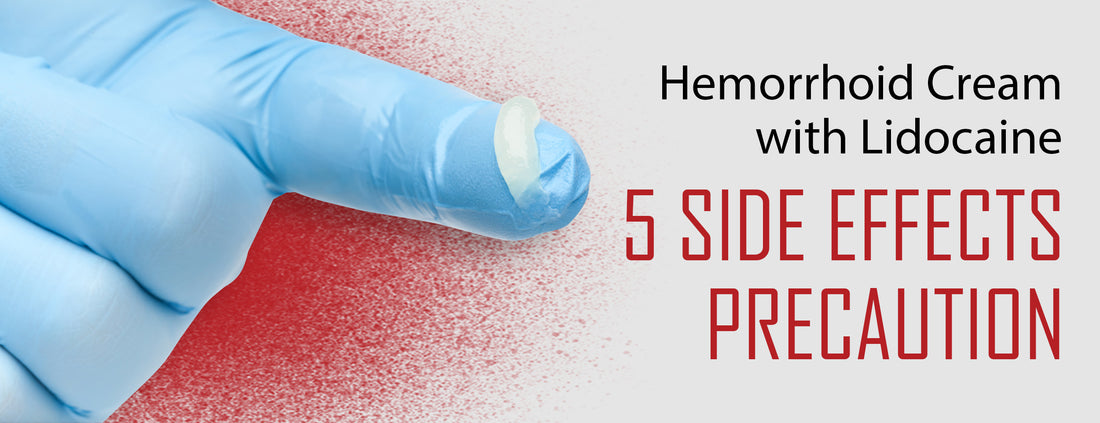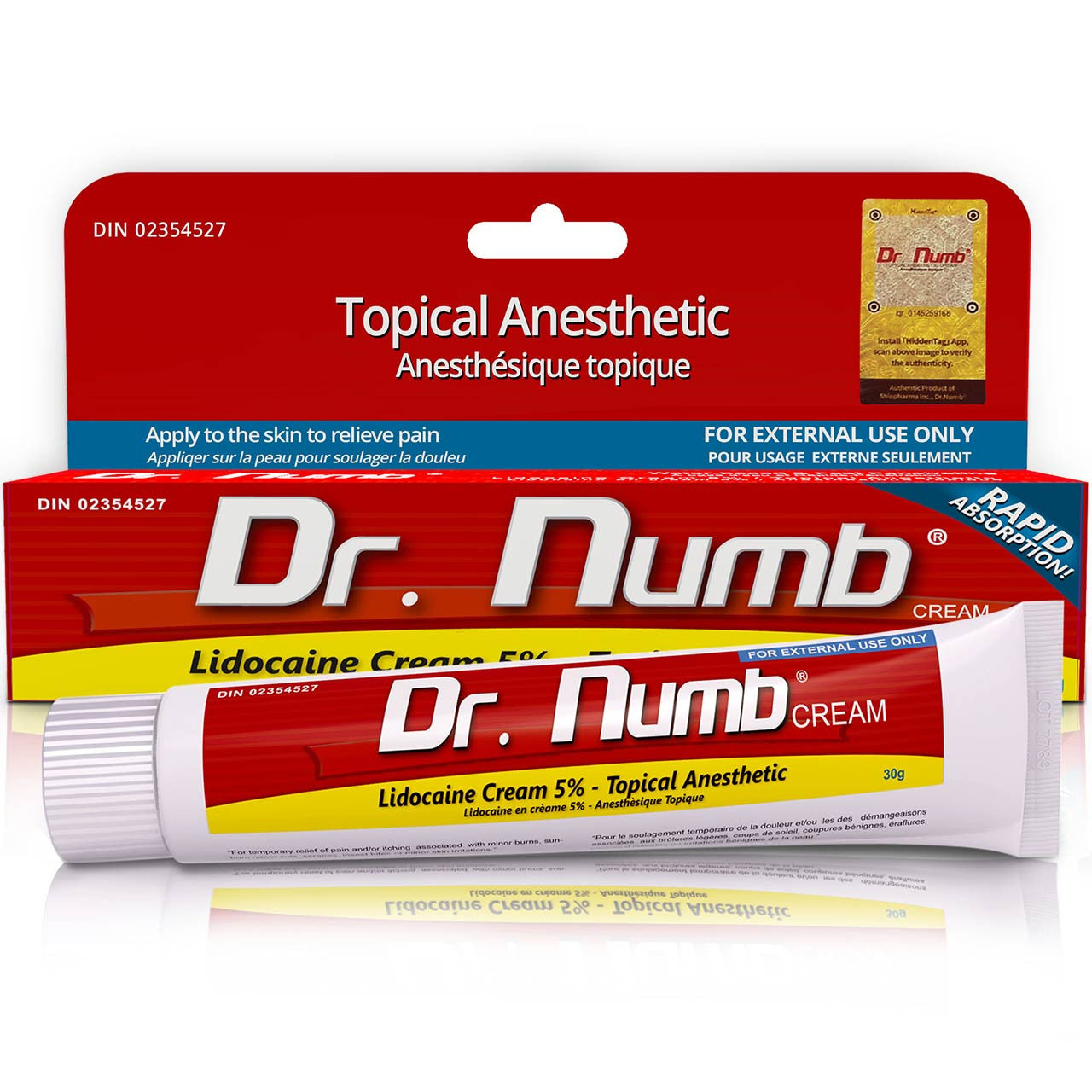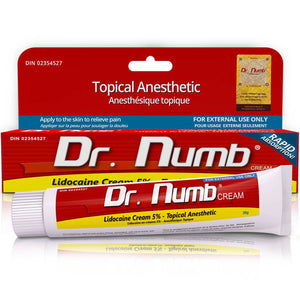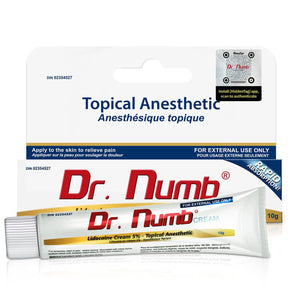Various treatment methods are available that can help alleviate the symptoms of hemorrhoids and provide relief. One such treatment is using hemorrhoid cream with lidocaine, which has proven effective in reducing pain and swelling caused by hemorrhoids.
Lidocaine, a local anesthetic, numbs the area around the hemorrhoid, thereby reducing the pain sensation. Hemorrhoid cream containing lidocaine is available in several forms, including hydrocortisone rectal cream or gel, ointment, suppositories, sprays, and wipes.
In this blog post, we'll look closer at hemorrhoid cream with lidocaine, including how to use it effectively, what to consider before using it, potential side effects, and more. So, keep reading if you're new to lidocaine cream for hemorrhoids or simply looking for more information.
Key Takeaways
- Hemorrhoid cream with lidocaine can help to alleviate discomfort, pain, itching, burning, and inflammation caused by hemorrhoids.
- There are different forms of lidocaine-based hemorrhoid treatments, including creams, gels, ointments, suppositories, sprays, and wipes.
- Before using any lidocaine hemorrhoid treatment, it's essential to read the instructions, understand potential side effects and contraindications, and consult a healthcare professional.
- Lidocaine hemorrhoid treatments should be used as directed by the product label or a doctor. Missing doses may reduce the treatment's effectiveness.
- Possible side effects of lidocaine hemorrhoid treatments range from mild discomfort to severe reactions. If any adverse reactions occur, seek immediate medical attention.
- Those with an allergy to lidocaine could experience reactions such as hives, anaphylaxis, contact dermatitis, or local swelling.
- Proper storage, handling, and disposal of lidocaine-based hemorrhoid treatments are necessary for safety and effectiveness.
- Keep lidocaine hemorrhoid treatments out of reach of children and pets to prevent accidental ingestion or exposure.
Hemorrhoid Cream with Lidocaine: Fast-Acting Relief for Discomfort
Hemorrhoid cream with lidocaine can relieve those suffering from hemorrhoids, which can cause discomfort and pain. This type of cream is formulated with lidocaine, an anesthetic that offers a cooling effect on the affected area. It is a popular treatment option due to its ease of use and effectiveness in managing symptoms.
Types of Hemorrhoid Treatments with Lidocaine
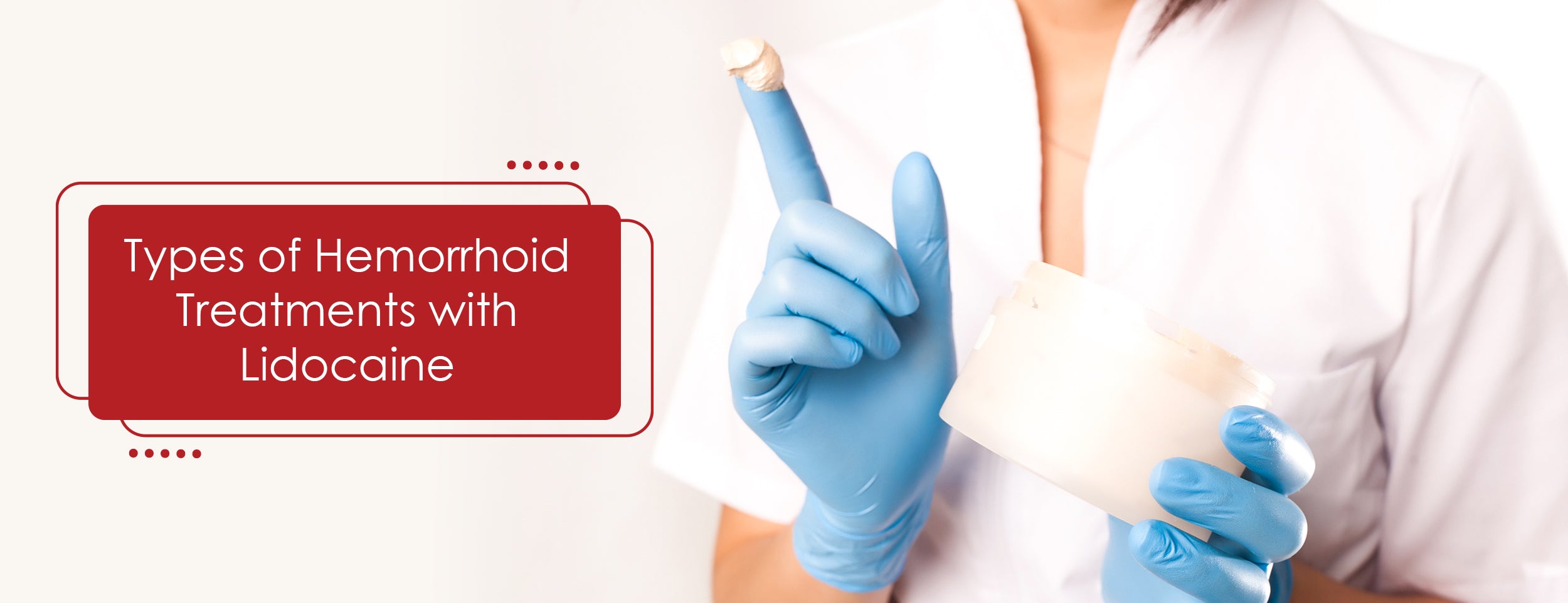
Lidocaine is a local anesthetic that numbs the area where it is applied. It can help relieve pain, itching, burning, and inflammation caused by hemorrhoids and other anal problems.
Lidocaine can be used alone or with hydrocortisone, a corticosteroid that reduces swelling and redness. There are different methods of treating hemorrhoids with lidocaine:
Lidocaine: Hydrocortisone Rectal Cream or Gel
This medication numbs and reduces inflammation in the anal area. It comes with an applicator tip that can be inserted into the anus. It is used twice daily or after each bowel movement.
Possible side effects include:
- Skin irritation.
- High blood pressure.
- Skin thinning or discoloration.
- Allergic reactions.
- Illness or worsening.
Do not use this medication if you have the following:
- Allergy to lidocaine, hydrocortisone, or any other ingredients.
- Skin infections.
- Diabetes.
- Tuberculosis.
- Glaucoma.
- Heart problems.
- Liver or kidney disease.
- Pregnancy or breastfeeding.
Only use this medication for a week if directed by your doctor.

Hemorrhoid Ointment with Lidocaine
This medication numbs the pain and itching caused by external hemorrhoids. It also protects and heals the skin. It is applied to the affected area up to four times a day.
Possible side effects include:
- Skin irritation.
- Allergic reactions.
- Symptoms of infection or deterioration.
If you have the following conditions, you should not use this medication:
- Lidocaine or other ingredient allergies.
- Skin infections.
- Broken or damaged skin.
- Pregnancy or breastfeeding.
Only use this medication for up to seven days unless directed by your doctor.
Hemorrhoid Suppository with Lidocaine
This medicinal treatment effectively soothes discomfort and inflammation resulting from internal hemorrhoids. It also reduces swelling and inflammation inside the rectum. It is inserted into the rectum once or twice a day.
Possible side effects include:
- Rectal irritation.
- Nausea, vomiting, diarrhea, or constipation.
- Dizziness, drowsiness, headache, or blurred vision.
- Allergic reactions.
- Getting infected or getting worse.
In the following cases, this medication should not be used:
- Allergy to lidocaine or any other ingredients.
- Rectal infections.
- Bleeding disorders.
- Heart problems.
- Liver or kidney disease.
- Pregnancy or breastfeeding.
Only use this for seven days unless directed by a doctor.
Hemorrhoid Spray with Lidocaine

This medication effectively relieves the discomfort and itchiness resulting from external hemorrhoids. Skin can also be protected and healed with it. You can spray it on affected areas four times daily.
Possible side effects include:
- Skin irritation.
- Allergic reactions.
- Infection or worsening of the condition.
In case of the following, do not take this medication:
- Any type of lidocaine allergy.
- Skin infections.
- Broken or damaged skin.
- Pregnancy or breastfeeding.
Do not use this medication for over 7 days without your doctor's instructions.
Lidocaine Hemorrhoid Wipes
These wipes numb the pain and itching associated with external hemorrhoids. They also cleanse and soothe the skin with witch hazel and aloe vera. They are used after each bowel movement or as needed.
Possible side effects include:
- Skin irritation.
- Allergic reactions.
- Getting infected or getting worse.
Do not use these wipes if you have:
- Allergy to lidocaine, witch hazel, aloe vera, or any other ingredients.
- Skin infections.
- Broken or damaged skin.
- Pregnancy or breastfeeding.
Please note that these wipes should be used for a maximum of seven days unless otherwise directed by your physician.

Treatment Factors for Lidocaine Hemorrhoids
Hemorrhoids can be uncomfortable and painful, leading many to seek treatments such as Lidocaine. However, it's important to consider certain factors before using any medication or treatment. Before incorporating Hemorrhoid Treatment with Lidocaine into your routine, here are a few things to consider.
Consulting with a Healthcare Professional
You should consult your doctor before using any lidocaine hemorrhoid treatment to ensure it is safe and effective. Your doctor can diagnose your condition, determine the severity and type of your hemorrhoids, and recommend the best treatment option. Your doctor can also check for any underlying conditions or complications requiring different or additional treatments.
Some of the reasons to see your doctor include:
- You have severe pain or bleeding from your anus.
- You have signs of infection, such as fever, pus, or foul-smelling discharge.
- You have a history of colorectal cancer or inflammatory bowel disease.
- You are pregnant or breastfeeding.
- You are taking blood thinners or other medicines which may interact with lidocaine.
- Do you have allergies to lidocaine or other substances in the product.
- You have other medical conditions such as diabetes, tuberculosis, glaucoma, heart problems, liver or kidney disease.
To ensure the effective use of any lidocaine hemorrhoid treatment, it's essential to evaluate your medical history and allergies. Certain sensitive physical conditions or sensitivities may inhibit such treatments.
As challenging as dealing with hemorrhoids, evaluating your medical history can save you from further complications in the long run. For example, it is important to carefully consider any potential health risks before using lidocaine-hydrocortisone rectal cream or gel.
This medication may be unsafe to use with conditions such as skin infections, diabetes, tuberculosis, chronic liver disease, kidney disease, pregnancy, or breastfeeding. Always consult with a healthcare professional before using any new medication or treatment.
Hemorrhoids Treatment Methods Based on the Severity
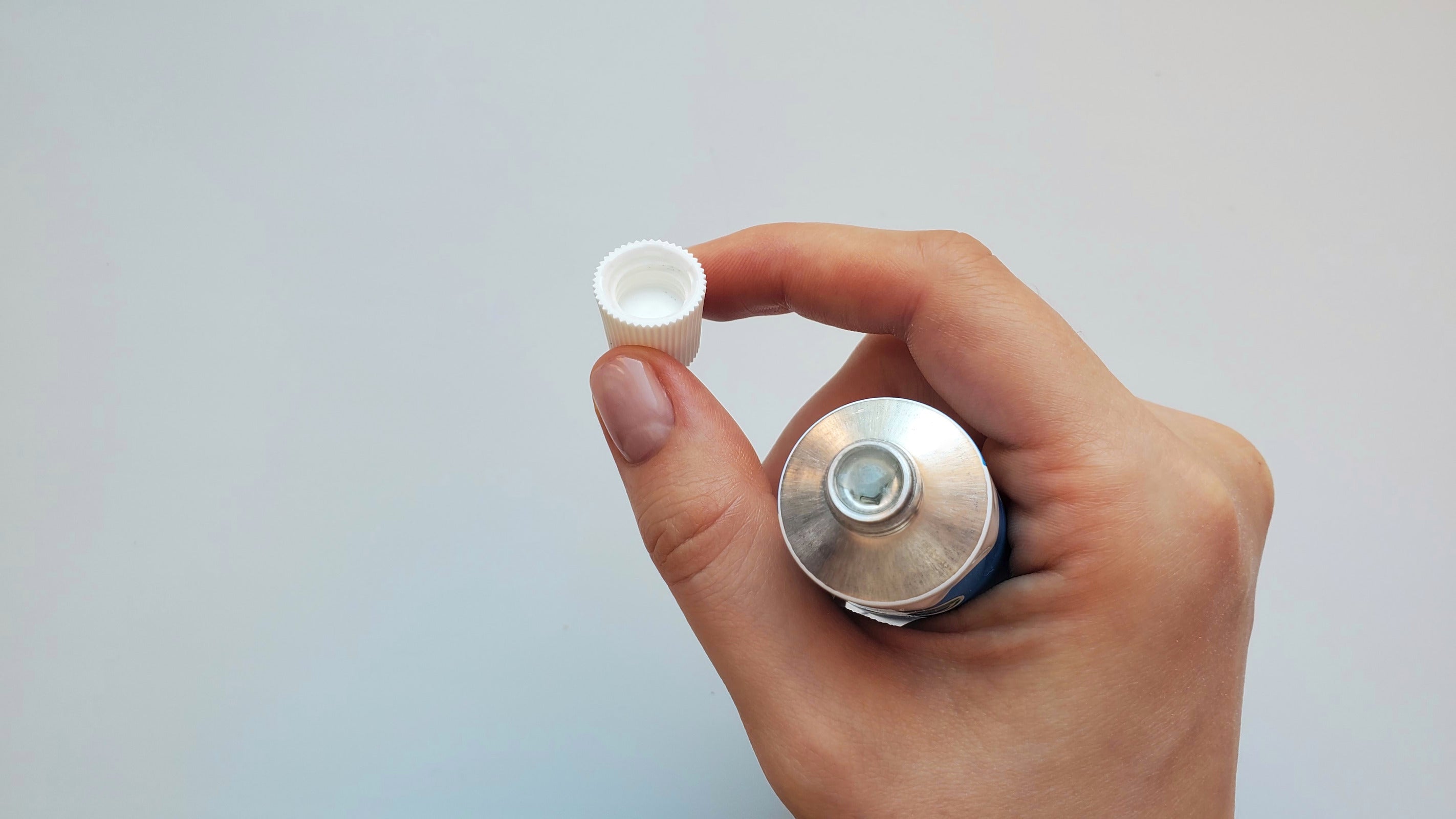
For optimum relief from hemorrhoids, it is crucial to identify the correct treatment method based on their severity and type. Internal hemorrhoids, which occur inside the rectum, are typically painless.
However, they may result in bleeding. On the other hand, external hemorrhoids are located outside the rectum and can cause discomfort, itching, and bleeding.
The different kinds of hemorrhoid treatments available, including those that contain lidocaine, offer various benefits and effects depending on the symptoms. Some may provide pain relief, while others could reduce bleeding and inflammation. It's important to consult your physician to determine the most effective treatment option for your condition.
Lidocaine Hemorrhoid Treatment: How to Use it Effectively
Following certain steps is critical for achieving the desired outcome when using any type of treatment. Taking a few precautions can increase the treatment's effectiveness and reduce the risk of any potential side effects. So, before starting any treatment, it's important to research and understands what you need to do to utilize the product or medication to its fullest potential.
Properly Applying and Dosing the Medication.
You should apply and dose the medication according to the instructions on the product label or your doctor's direction. You should also wash your hands before and after using the medication to prevent infection or contamination.
Depending on the type of product you use, you may need to:
- Use an applicator tip to insert the cream or gel into the anus and apply it around the anal opening.
- Apply the ointment or spray to the affected area outside the anus.
- Insert the suppository into the rectum.
- Wipe the affected area with the wipe frequently or after bowel movements.
You should not use more than the recommended medication or more often than your doctor prescribes. Doing so may increase the risk of side effects or complications.

The Appropriate Frequency of Usage Based on the Treatment Type
You should use the medication as frequently as needed to relieve your symptoms, but not more than the maximum duration specified on the product label or by your doctor. Different types of products may have different recommended frequencies and durations of usage.
For example, you may need to use:
- Lidocaine-hydrocortisone rectal cream or gel twice daily or after every bowel movement for up to a week.
- Hemorrhoid ointment, spray, or wipes with lidocaine every four hours for up to seven days.
- Hemorrhoid numbing cream and suppository with lidocaine once or twice daily for seven days
You should only use these products briefly, as advised on the label or by your doctor because they can cause skin sensitivity, systemic absorption, or other complications.
Using Lidocaine Effectively for Hemorrhoids
You can also do some things to maximize the therapeutic effects of lidocaine for hemorrhoids. Some of these tips include:
- Applying a thin layer of petroleum jelly around the anus before using the medication to prevent irritation and absorption.
- Using a cold compress or ice pack on the affected area before or after using the medication to reduce swelling and pain.
- Avoiding scratching, rubbing, or wiping the affected area too hard or too often to prevent further damage and inflammation.
- Avoiding spicy, acidic, or caffeinated foods and drinks that can irritate the anal area.
- Drinking plenty of water and eating high-fiber foods to soften stools and prevent constipation and straining.
- Taking oral pain relievers such as acetaminophen, aspirin, or ibuprofen if needed to reduce discomfort.
However, to use them effectively, you should properly apply and dose the medication, use it appropriately based on the treatment type, and follow the tips to maximize its effectiveness.
Managing Missed Lidocaine Doses For Hemorrhoids
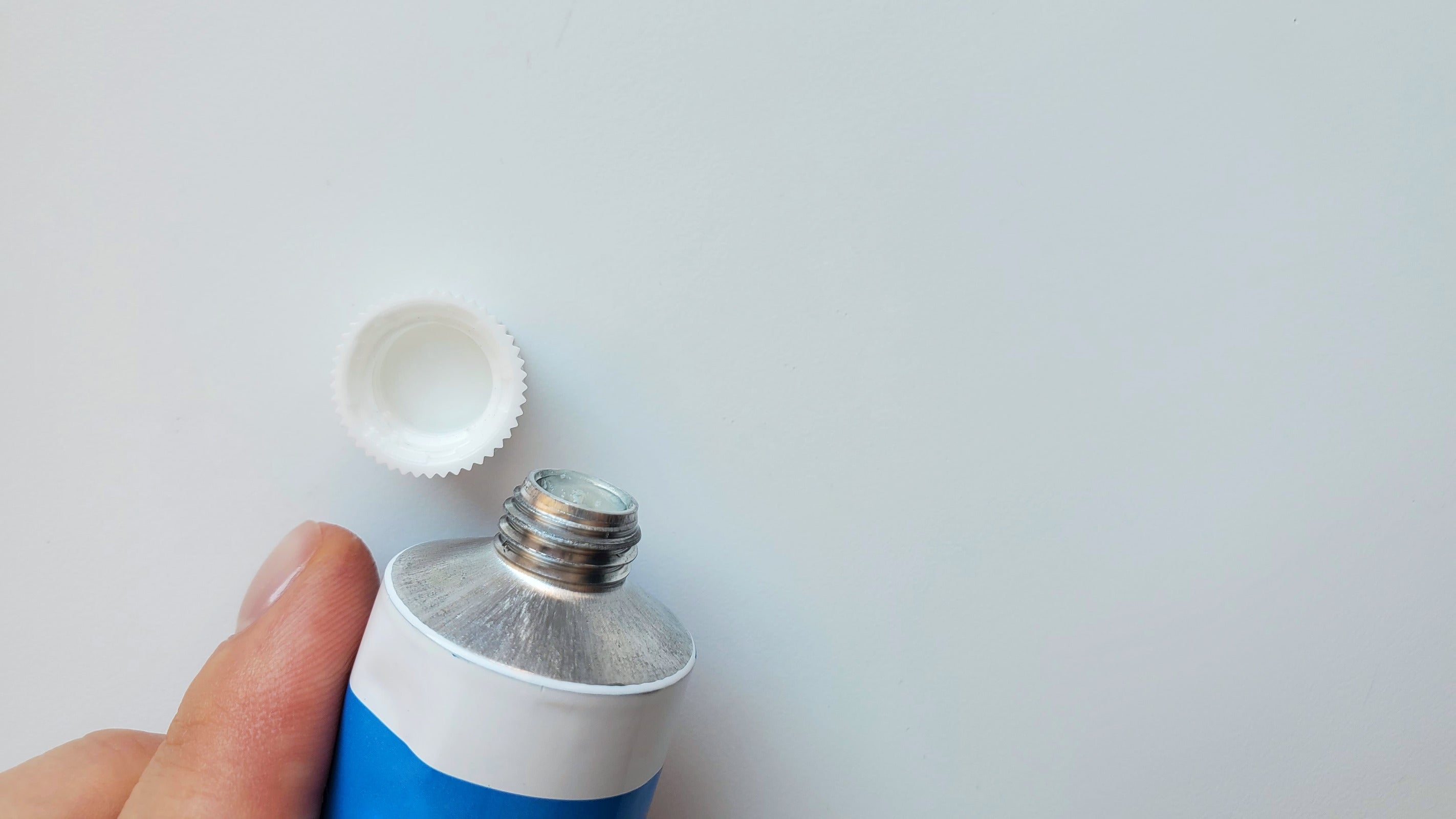
It's important to adhere to the medication schedule when using Hemorrhoid Treatment with Lidocaine. If you miss a dose, worry not. Here are some helpful tips on treating hemorrhoids with lidocaine after missing a dose:
Importance of adhering to a consistent medication schedule
You should adhere to a consistent medication schedule to get the best results from your hemorrhoid treatment with lidocaine. This means using the medication as frequently and as long as directed by your doctor or the product label. Doing so can help you:
- Relieve your symptoms faster and more completely.
- Prevent your condition from getting worse or recurring.
- Reduce complications or side effects.
- Avoid developing tolerance or dependence on the medication.
If you miss a dose of the medication, you may experience a return or worsening of your symptoms, such as pain, itching, burning, or inflammation. You may also need to use more medication or use it for longer than recommended to achieve the same effect.
Guidelines for managing skipped doses
Missing a dose of your hemorrhoid treatment with lidocaine, you should follow these guidelines to manage it:
- Apply or use the medication as soon as possible if you remember within a few hours of the missed dose.
- Skip the missed dose and resume your regular schedule if it is almost time for your next dose.
- Do not exceed the recommended amount or frequency of the medication to make up for the missed dose.
- Do not use two doses at one time or close together.
- Keep track of your doses and set reminders or alarms to avoid missing them again.
Potential Impact on Treatment Efficacy
You can lose the effectiveness of your lidocaine hemorrhoid treatment if you miss doses. This means the medication may not work as well or fast as it should to relieve your symptoms and heal your condition. Some of the potential consequences include:
- Prolonged or increased pain, itching, burning, or inflammation.
- Delayed or incomplete healing of hemorrhoids or other anal problems.
- Increased risk of infection, bleeding, thrombosis, or prolapse.
- Reduced quality of life and daily functioning.
- Need for more invasive or expensive treatments.
- Therefore, you should avoid missing doses of your lidocaine hemorrhoid treatment and follow your doctor’s instructions carefully. Ask your doctor or pharmacist for advice if you have trouble remembering or using your medication.
Interactions with Lidocaine-containing Hemorrhoid Medication
Before using any medication for hemorrhoids that contains Lidocaine, it is important to be aware of possible interactions with other medications. Here are some valuable tips on how to manage potential side effects:

Identifying Medications that may Interact with Lidocaine
Lidocaine can interact with some medications that affect the heart rhythm, blood pressure, or nervous system. These interactions can increase the risk of serious side effects such as irregular heartbeat, low blood pressure, seizures, or coma.
Some examples of medication interactions with lidocaine include:
- Antiarrhythmics, such as dofetilide, amiodarone, sotalol, or quinidine.
- Beta-blockers, such as atenolol, metoprolol, or propranolol.
- Calcium channel blockers, such as verapamil, diltiazem, or nifedipine.
- Antidepressants, such as citalopram, escitalopram, fluoxetine, or sertraline.
- Anticonvulsants, such as phenytoin, carbamazepine, or lamotrigine.
- Opioids, such as morphine, oxycodone, or fentanyl.
This is not a complete list of medicines that may interact with lidocaine. You should check the product label or consult your doctor or pharmacist for more information.
Potential Interactions with a healthcare professional
Your doctor or pharmacist can help you determine if there are any potential interactions between lidocaine and your other medications. They can also advise you on how to use the medication safely and effectively. They may suggest:
- Adjusting the dose or frequency of your other medications.
- Monitoring your heart rate, blood pressure, or blood levels of lidocaine.
- Using alternative treatments for your hemorrhoids or other conditions.
- Avoiding certain foods or drinks that may affect the absorption or metabolism of lidocaine.
You should follow your doctor’s or pharmacist’s instructions carefully and report any side effects or problems you experience while using the medication.
Safety of lidocaine in hemorrhoid treatment
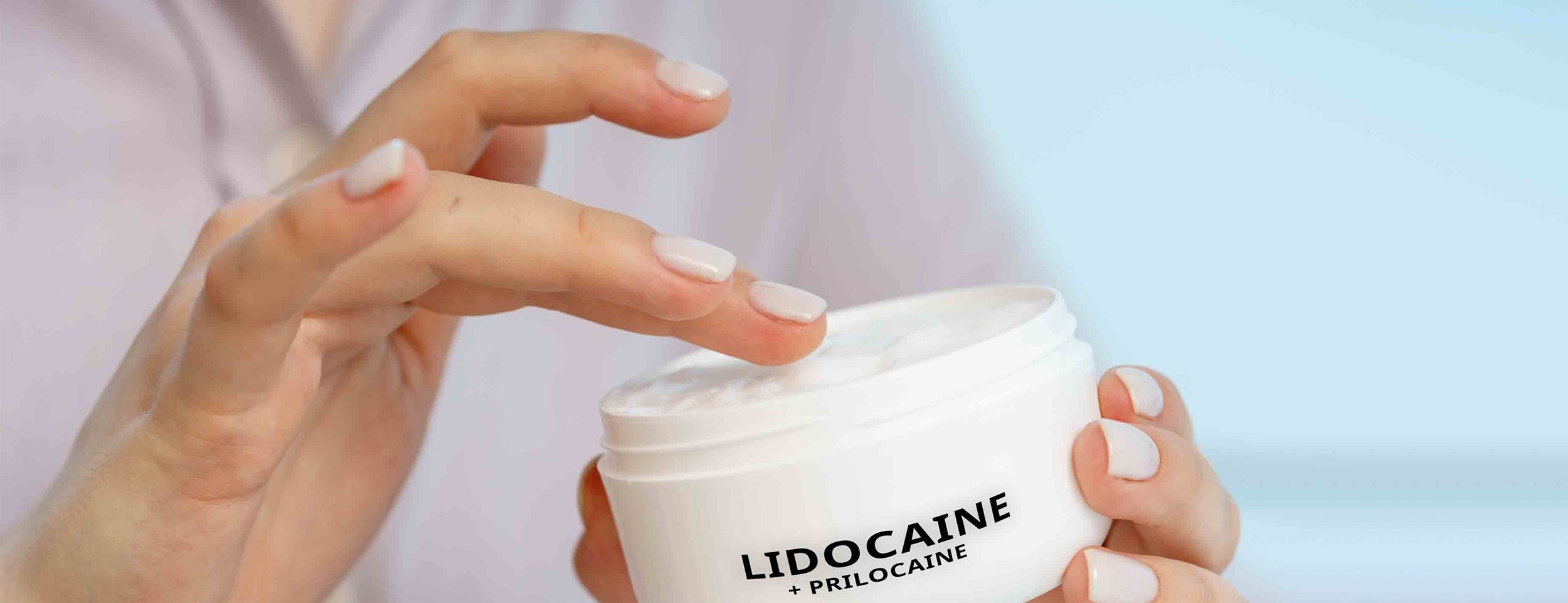
You should ensure the safe use of lidocaine and other medications in hemorrhoid treatment by following these tips:
- Follow your doctor's instructions or the label when taking medication.
- Do exceed the recommended medication amount or frequency.
- Only use medication for as long as instructed by your doctor or label.
- Do not use the medication with other products that contain lidocaine or similar anesthetics.
- Don't use it if you're allergic to lidocaine or any ingredient in the product.
- Do not use the medication if you have certain medical conditions that may affect your nervous system, heart rhythm, or blood pressure.
- Avoid using the medication if you are pregnant or breastfeeding without consulting your doctor.
- Store the medication in a cool and dry place away from heat and light.
- Ensure that children and pets cannot access the medication.
To ensure the safe usage of lidocaine-based hemorrhoid treatments with other medications, it's important to identify any potential drug interactions and communicate with a healthcare professional.
Monitoring Health During Hemorrhoid Treatment with Lidocaine
While using any hemorrhoid treatment, monitoring your health and watching for signs of potential complications is crucial. This is especially important with lidocaine products, which can be obtained over the counter or by prescription. Here are some tips on how to do that:
Warning signs of potential complications
You should be alert for any warning signs of potential complications while using hemorrhoid treatment with lidocaine. These include:
- Severe pain or bleeding from the anus.
- Symptoms of infection include fever, pus, or discharge with a foul smell.
- Signs of allergic reaction such as rash, itching, swelling, or trouble breathing.
- Signs of systemic absorption, such as dizziness, drowsiness, headaches, or blurry vision.
- Signs of adrenal suppression, such as fatigue, weight loss, or low blood pressure.
If you experience these symptoms, stop using the medication and seek medical attention immediately.

Importance of routine follow-up with a healthcare professional
You should also regularly follow up with your doctor or healthcare professional if you use lidocaine for hemorrhoids. This can help you:
- Assess the effectiveness and safety of the medication.
- Adjust the dose or frequency of the medication if needed.
- Make sure there are no underlying conditions that may require different or additional treatments.
- Get advice on how to prevent or treat a recurrence of hemorrhoids.
You should inform your doctor if your condition does not improve or worsens after 1 to 2 weeks of using the medication. You should also consult your doctor before using the medication for longer than recommended by the product label or your doctor.
Strategies for improving overall hemorrhoid symptoms beyond medication
Several things can be done to improve your overall hemorrhoid symptoms beyond using medication with lidocaine. Some of these strategies include:
- Apply an ice pack or cold compress to the affected areas to alleviate swelling and pain.
- Avoid excessive rubbing, scratching, or wiping of the affected area to prevent further damage.
- Refrain from consuming any spicy, acidic, or caffeinated foods or beverages that may irritate the anal area.
- Drink water & eat fiber-rich foods to prevent constipation and straining.
- Exercising regularly and maintaining a healthy weight to improve blood circulation and reduce pressure on the veins.
- Proper hygiene and wearing loose-fitting cotton underwear keep the area clean and dry.
However, it's important to have regular check-ins with your doctor and utilize various strategies together with medication in addition to medication. This can lead to better overall health.
Hemorrhoidal Cream Side Effects
Hemorrhoidal cream, a common remedy for hemorrhoid-related discomfort, can offer relief to individuals seeking to ease symptoms associated with this condition. However, like any medication, hemorrhoidal cream comes with potential side effects that users should know before incorporating it into their treatment regimen. Here are some of the Hemorrhoidal Cream Side Effects:
Mild Pain or Stinging Sensation
One of the common side effects reported by users of hemorrhoidal cream is a mild pain or stinging sensation upon application. While this discomfort is usually temporary and diminishes as the body acclimates to the cream, monitoring any persistent pain or irritation is essential and consulting a healthcare professional if necessary.
Cardiovascular Effects
Serious side effects, such as fast or irregular heartbeat, pounding headache, nervousness, shakiness (tremor), and trouble sleeping, can sometimes occur. These symptoms may show a more severe reaction to the cream and cause immediate medical attention. It's crucial to be vigilant and responsive to any cardiovascular symptoms experienced while using hemorrhoidal cream.
Rectal Bleeding
Another potential side effect associated with hemorrhoidal cream usage is rectal bleeding. If you notice any bleeding following the application of the cream, it's important to discontinue use and seek guidance from a healthcare provider to determine the underlying cause and appropriate course of action.
Severe Irritation
In certain instances, users may experience severe irritation inside or around the rectum after applying hemorrhoidal cream. This intense discomfort can signify an adverse reaction to the cream and warrant discontinuing its use. Seeking medical advice for proper evaluation and alternative treatment options is recommended in such cases.
Gastrointestinal Symptoms
Users of hemorrhoidal cream may also encounter gastrointestinal symptoms, including burning sensations, upset stomach, or dizziness. Monitoring these symptoms closely and communicating concerns with a healthcare professional can help manage potential side effects effectively.
Lidocaine Hemorrhoid Medication Side Effects
An awareness of the potential side effects is crucial when using hemorrhoid medication containing lidocaine. Like any medication, there may be some unintended consequences. Consider the following points to understand the side effects of such medication:
Common side effects & their severity
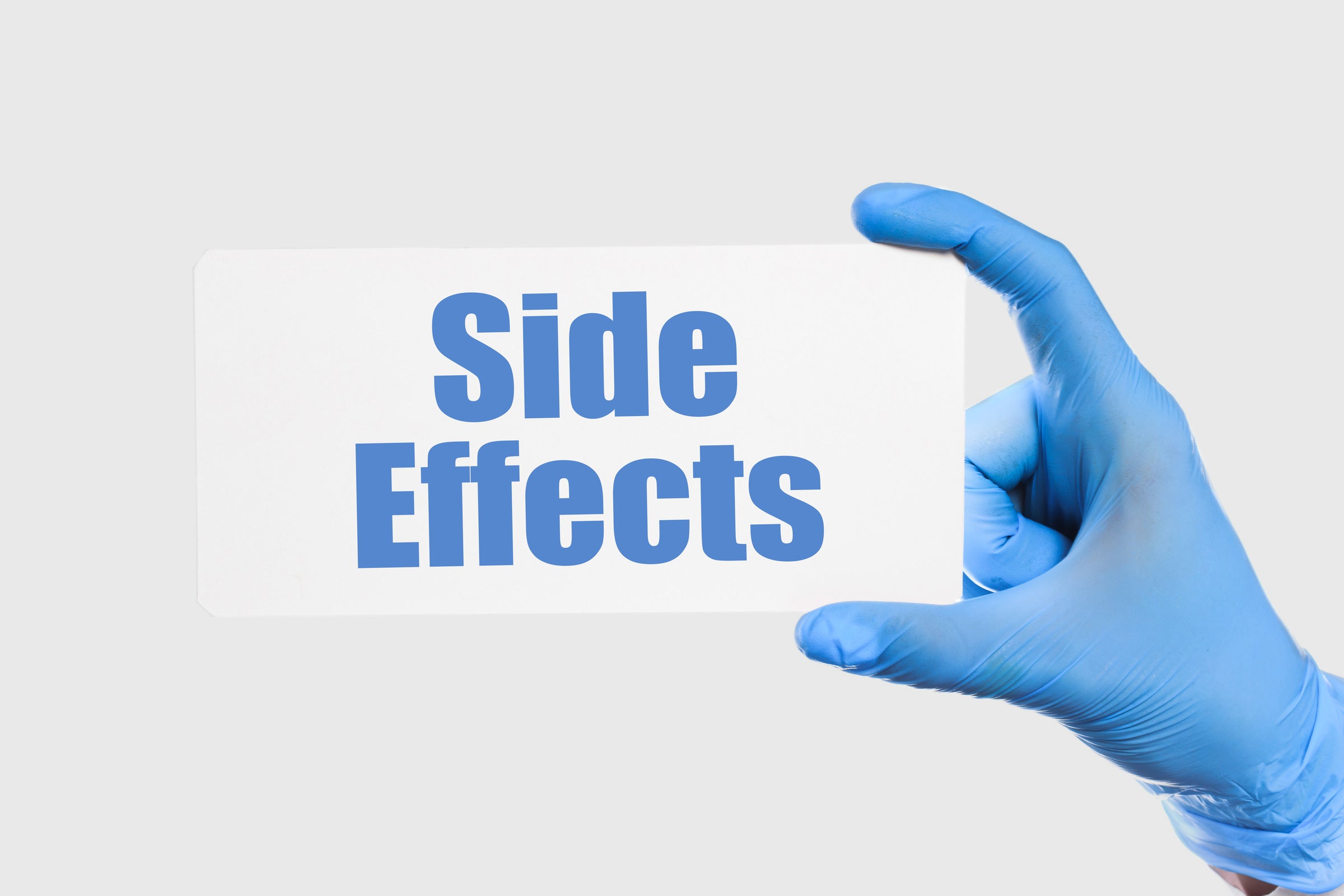
The most common side effects associated with hemorrhoid medication with lidocaine are related to the application site. These include:
- Rash: A skin reaction that may appear red, itchy, or bumpy patches on the area where the medication was applied.
- Itching: A sensation of irritation or discomfort that may make you want to scratch the affected area.
- Swelling: An increase in size or volume of the tissue around the application site, which may feel tender or warm to the touch.
- Redness: A change in skin color from normal to pink or red, indicating increased blood flow or inflammation.
- Change in skin color: A loss or gain of pigment in the skin may make it appear lighter or darker than usual.
- Abnormal sensation: A numbness, tingling, burning, or prickling in the application area.
- Alterations in temperature sensations: A reduced or increased ability to sense hot or cold stimuli on the skin.
- Pallor or blanching: A whitening or loss of skin color due to reduced blood flow, which may occur when the application time is very prolonged (more than 2 hours).
These side effects are usually mild and temporary. They do not require medical attention unless they are severe or persistent.
Rarer but more serious potential side effects
Serious hemorrhoid medication side effects involving systemic absorption of lidocaine are rare but can occur. This means the drug can enter the bloodstream and affect other body parts. These include:
- Central nervous system excitation and depression: A state of overstimulation or under activity of the brain and spinal cord, which may affect mood, cognition, and motor functions.
- Dizziness: A sensation of spinning or losing balance, which may cause nausea or fainting.
- Drowsiness: Sleepiness or reduced alertness may impair judgment or reaction time.
- Light-headedness: A feeling of weakness or faintness, which may lead to loss of consciousness.
- Nervousness: A feeling of anxiety, agitation, or restlessness, which may interfere with normal activities or sleep.
- Anxiety: Fear, worry, or nervousness, which may cause physical symptoms such as sweating, trembling, or palpitations.
- Euphoria: A feeling of intense happiness or well-being, which may be unrealistic or inappropriate.
- Confusion: A state of mental disorientation or impaired memory, which may affect the ability to think clearly or communicate effectively.
- Twitching: A sudden involuntary contraction of a muscle or group of muscles, which may cause jerky movements or spasms.
- Tremors: A rhythmic involuntary shaking of a body part, which may affect the hands, arms, legs, head, or voice.
- Convulsions: A sudden violent contraction of the muscles, which may cause loss of consciousness, stiffening of the body, or uncontrollable movements.
- Ringing in the ears (tinnitus): A perception of noise in one or both ears, which may sound like buzzing, hissing, whistling, or roaring.
- Blurred or double vision: A loss of clarity or focus in one or both eyes, affecting the ability to see clearly or distinguish objects.
- Vomiting: The forceful expulsion of stomach contents through the mouth may cause dehydration or electrolyte imbalance.
- Sensations of heat, cold, or numbness: A change in the normal feeling of temperature or touch on the skin or mouth, which may indicate nerve damage or circulation problems.
- Unconsciousness: A complete lack of awareness or responsiveness to stimuli, which may result from brain injury or lack of oxygen.
- Respiratory depression: A decrease in the rate and depth of breathing may cause insufficient oxygen intake or carbon dioxide buildup in the blood.
- Cardiovascular reactions such as slow heartbeat (bradycardia), low blood pressure (hypotension), or irregular heartbeat (arrhythmia): A change in the normal function of the heart and blood vessels, which may affect the delivery of oxygen and nutrients to the body.
These side effects are rare and usually occur when the medication is used in high doses, for a long time, or on large areas of the skin. They can be serious and life-threatening. They require immediate medical attention.

When to seek medical attention for side effects
Knowing when to seek medical attention is important if you experience side effects. You should consult a doctor if you experience severe, persistent, or bothersome side effects from hemorrhoid medication with lidocaine.
Lidocaine Allergy Symptoms
Allergic reactions to lidocaine are rare but can occur. Symptoms of a lidocaine allergy can be categorized into two types:
Immediate reactions (urticaria and anaphylaxis): Begin quickly (within seconds to one hour) after injection. They may include:
- Generalized urticaria (hives)
- Anaphylaxis is a severe allergic reaction that can cause difficulty breathing, a rapid heartbeat, and dizziness.
- Swelling of the lips, mouth, throat, or tongue.
- Fast breathing or struggling to breathe.
- Feeling like you’re choking or gasping for air.
- A tight feeling in your throat or difficulty swallowing.
Delayed reactions (contact dermatitis or local swelling) are rare but well-documented. The symptoms usually begin hours after injection and peak within 72 hours. They may include:
- Blistering, crusting, irritation, itching, or reddening of the skin.
- Cough
- Cracked, dry, or scaly skin
Storage and Handling of Lidocaine for Hemorrhoids
Proper storage and handling are crucial when it comes to Lidocaine-based treatments for hemorrhoids. It's important to follow a few guidelines to ensure optimal safety and effectiveness.
Safety & Effectiveness Of Medication Storage
Proper storage and handling of lidocaine is crucial to ensure its effectiveness and safety. Be sure to follow the instructions provided by your healthcare provider or pharmacist for best results.
In other words:
- Keeping the medication in its original container with the label and cap tightly closed.
- Storing the medication at room temperature, away from heat, light, and moisture.
- Avoiding freezing or refrigerating the medication unless instructed by your doctor or pharmacist.
Storing the medication properly can help prevent it from losing its potency, becoming contaminated, or causing accidental poisoning.
Medical Waste Disposal Guidelines
When it comes to expired or unused medications, appropriate disposal practices are crucial to ensure they don't pose a risk. Ensure you dispose of it properly when it is no longer needed. In other words:
- Checking the product label or package insert for specific disposal instructions.
- Following the FDA guidelines for disposing of unused medicines.
- Taking the medication to a drug take-back program, if available in your area.
- Throwing away the medication in the household trash if no take-back program is available.
- Removing all personal information from the label before discarding the container.
- Flushing the medication down the toilet only if it is on the FDA flush list.
Disposing of medications correctly can prevent them from harming the environment, animals, or others.
Children's & Pets' Medication Safety Tips
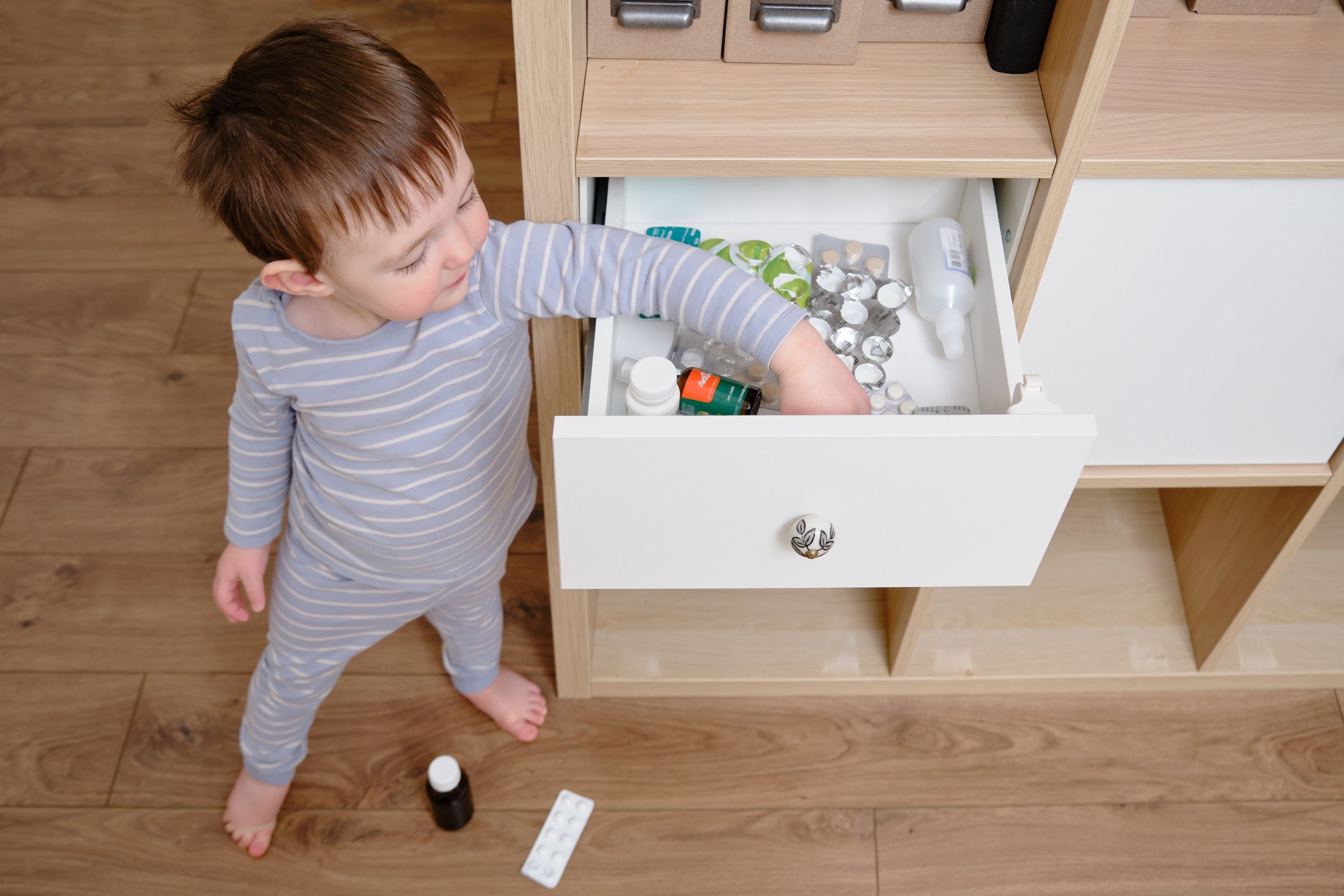
You should keep your lidocaine hemorrhoid product out of children's or animal's reach to prevent accidental ingestion or exposure. This means:
- Storing the medication in a locked cabinet or drawer that is high up and out of sight.
- Using child-resistant caps or containers if possible.
- Educating your children about the dangers of medicine misuse.
- Supervising your children when they use the bathroom or play near the medicine cabinet.
- Keeping your pets away from the medication and the area where you apply it.
- Seeking emergency medical help if you suspect that your child or pet has swallowed or touched the medication.
Keep the medicine away from children and pets to avoid severe injury or death.
However, to use them safely and effectively, you should store and handle them properly. You should store them in a safe place where they can maintain their effectiveness and safety, dispose of them properly when expired or no longer needed, and keep them out of reach from children and pets.
Conclusion:
In conclusion, hemorrhoid cream with lidocaine can be a useful tool for managing the symptoms of hemorrhoids, but it should be considered a cure. It is important to follow recommended dosages and use the cream as directed by a doctor or the product label.
Incorporating healthy habits such as drinking plenty of water, eating high-fiber foods, and exercising regularly can help prevent and alleviate hemorrhoids.
Constantly monitor your health while using the cream and handle it properly to maintain its effectiveness and safety. If you have concerns or questions about using hemorrhoid cream with lidocaine, consult your healthcare provider.

